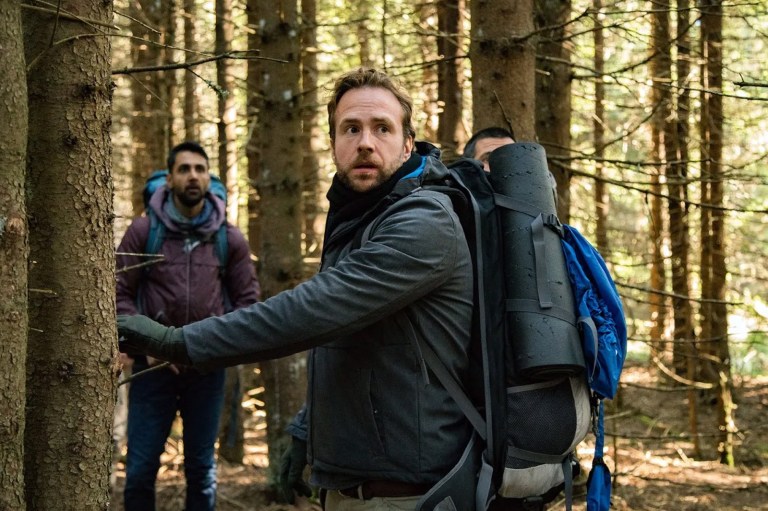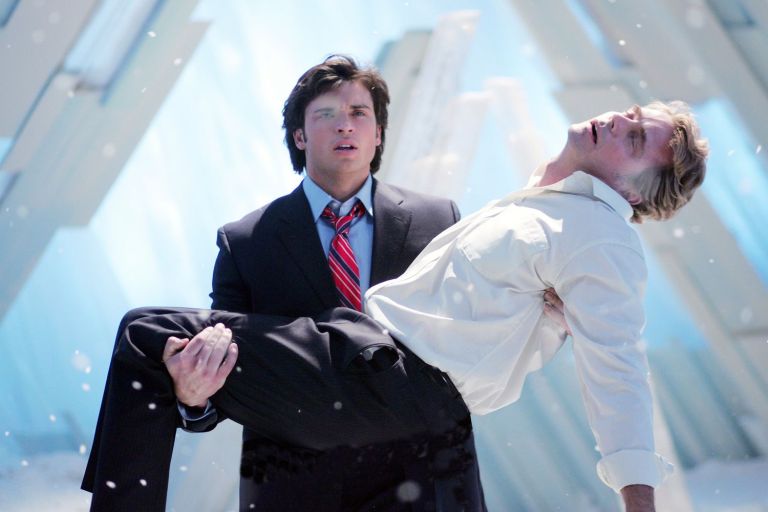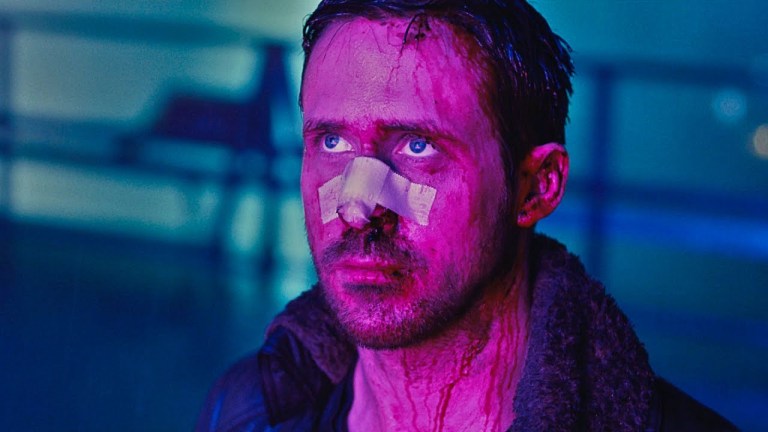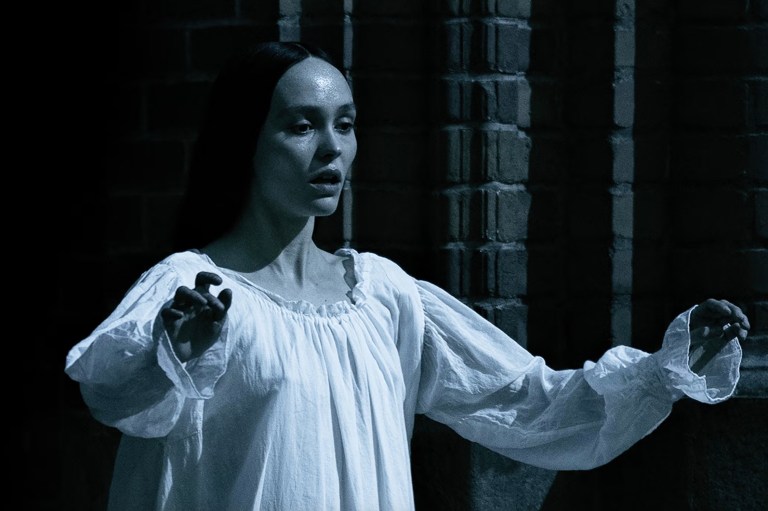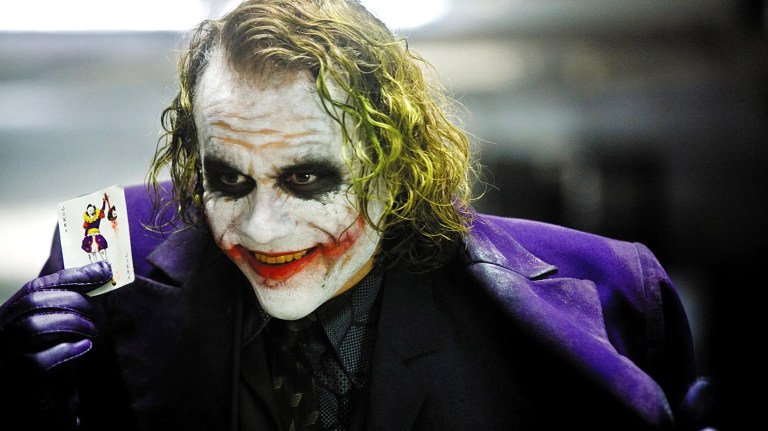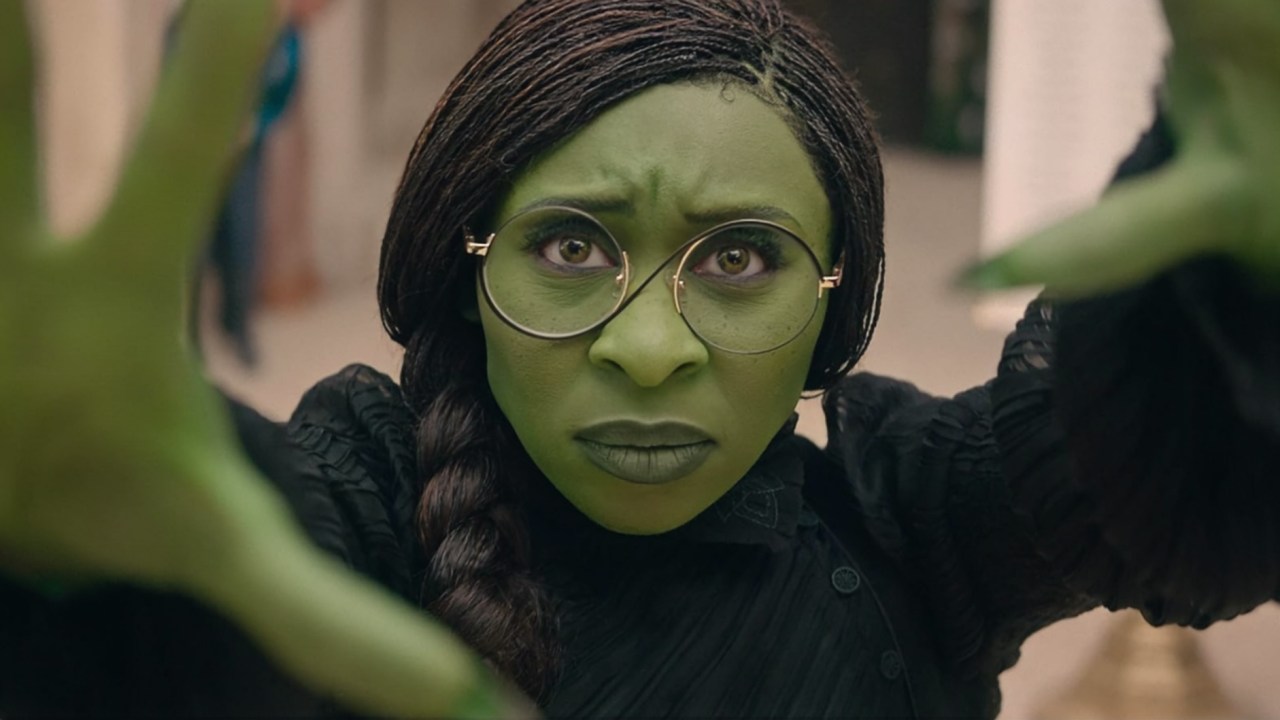
5 Book-to-Screen Adaptations That Totally Caught Lightning In A Bottle
Here are five adaptations that got it right by understanding what readers actually loved about the source material.
By ![]() Mishal Zafar
Mishal Zafar
Some book-to-screen adaptations capture pure magic while others fall flat — but what separates the transcendent from the forgettable?
When a beloved book makes the leap to the screen, things can go spectacularly wrong. But sometimes — just sometimes — the stars align and filmmakers manage to bottle that intangible magic that made readers stay up all night turning pages. These rare gems don’t just check boxes or hit plot points; they capture something deeper, something that makes you believe in the world all over again. The difference between a soulless cash grab and a transcendent adaptation often comes down to one thing: understanding what readers actually loved about the story in the first place.
Dune (2021) and Dune: Part Two (2024)
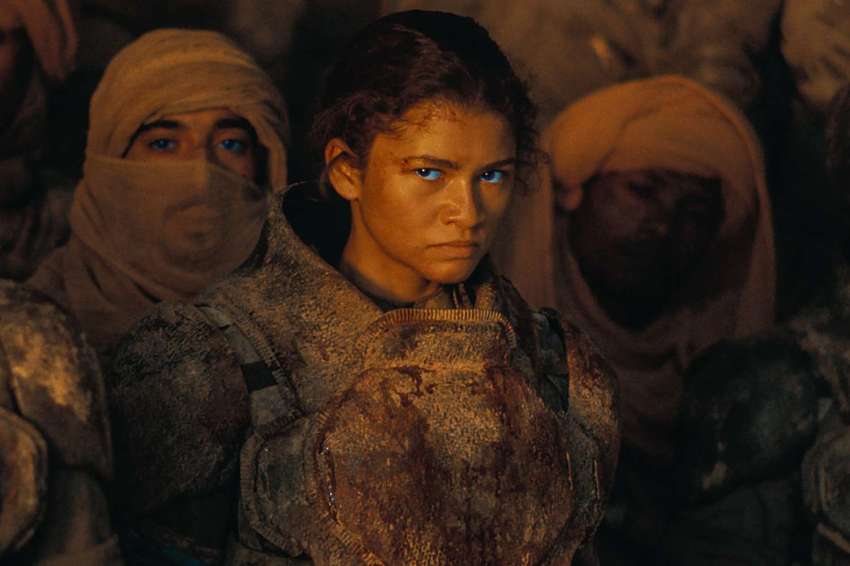
Denis Villeneuve did something radical with Frank Herbert’s dense masterpiece — he gave it room to breathe. David Lynch’s 1984 attempt crammed an entire universe into 137 minutes, resulting in a fever dream that satisfied neither fans nor newcomers. Studio meddling forced Lynch to explain everything through clunky voice-overs while rushing past the political intrigue that gives Herbert’s world its weight.
Villeneuve understood that Dune isn’t really about giant worms or space politics — it’s about power, ecology, and the terrible burden of prophecy. His films let these themes emerge naturally through Hans Zimmer’s thunderous score and Roger Deakins’ otherworldly cinematography. Where Lynch’s version felt like a Wikipedia summary brought to life, Villeneuve’s adaptation trusts viewers to get lost in Arrakis and find their own way through the spice-hazed politics of the Imperium.
Wicked (2024)
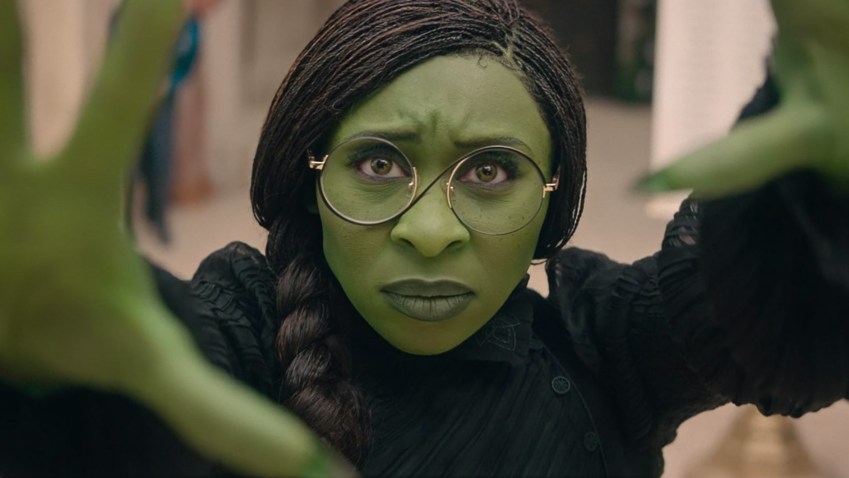
Broadway magic doesn’t always translate to cinema. Just ask anyone who sat through the CGI nightmare that was Cats, where digital fur technology somehow made everything less human than people in makeup ever could. Tom Hooper’s adaptation stripped away the theatrical intimacy that made the musical work, leaving behind a hollow spectacle that forgot musicals are fundamentally about emotion, not effects.
Wicked takes the opposite approach. Director Jon M. Chu understands that Elphaba and Glinda’s friendship drives everything else — the politics, the spectacle, even the green skin. The film uses its expanded canvas to deepen their relationship rather than distract from it, while cleverly incorporating some of the playful invented vocabulary from Gregory Maguire’s original novel that adds texture to the world-building. Where Cats got lost in its own technical ambitions, Wicked remembers that at its heart, this is a story about two young women discovering who they’re meant to become.
The Outsider (2020)

Stephen King’s prose has a particular rhythm — slow-building dread punctuated by moments of absolute terror. HBO’s The Outsider nails this pacing in ways that The Dark Tower completely missed. That film took King’s eight-book opus and turned it into a generic action movie, stripping away the philosophical depth and character relationships that made the series beloved.
The Outsider succeeds because it understands that King’s real superpower isn’t monsters — it’s making the impossible feel inevitable. The series takes time with its characters, letting viewers get comfortable with Detective Anderson’s world before slowly pulling the rug out from under everything. Each episode peels back another layer of normalcy until the supernatural feels not just possible, but inescapable.
Harry Potter Series (2001-2011)
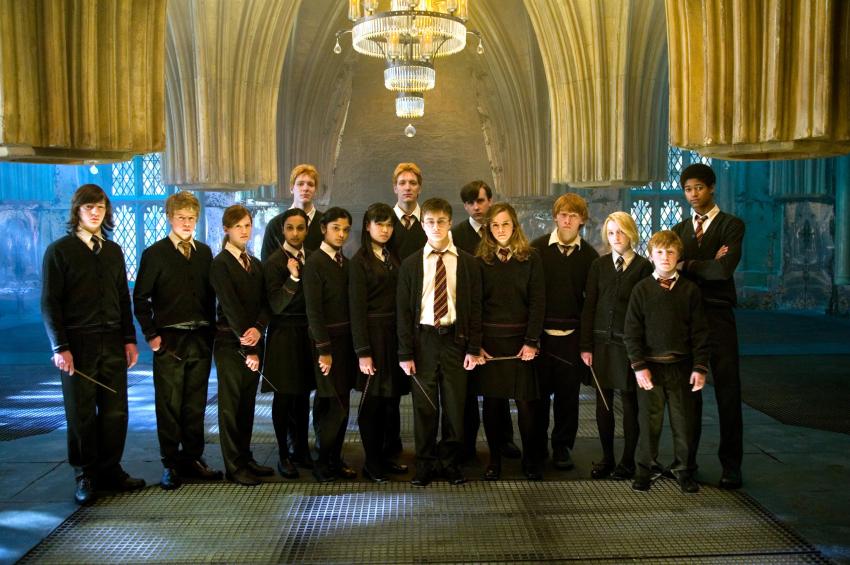
Chris Columbus made a crucial decision early on: let the kids be kids. While the Percy Jackson films aged up their characters and rushed through plot points, the Harry Potter series understood that growing up with these characters was half the appeal. Watching Daniel Radcliffe, Emma Watson, and Rupert Grint actually age alongside Harry, Hermione, and Ron created an emotional investment that no amount of CGI could replicate.
The Percy Jackson adaptations failed because they forgot what made Rick Riordan’s books special — the awkward humor and genuine friendship dynamics of actual teenagers discovering they’re demigods. Instead, they delivered generic action sequences with characters who looked too old and acted too serious. Harry Potter’s success came from treating its young characters with respect while building a world that felt lived-in rather than constructed.
Outlander (2014-present)

Time travel romances are notoriously difficult to adapt. The Time Traveler’s Wife proved this in 2007, reducing Henry and Clare’s complex relationship to a series of romantic clichés. The film focused on the fantasy elements while missing the emotional core that made Audrey Niffenegger’s novel devastating.
Outlander works because it embraces the mess. Diana Gabaldon’s books are sprawling, passionate, and unapologetically romantic, and the Starz adaptation leans into all of it. The series takes time to explore Claire’s fish-out-of-water experience in 18th-century Scotland, building genuine chemistry between her and Jamie rather than expecting viewers to accept their connection on faith alone. Where The Time Traveler’s Wife felt sanitized, Outlander feels lived-in and real, even when characters are traveling through standing stones.
